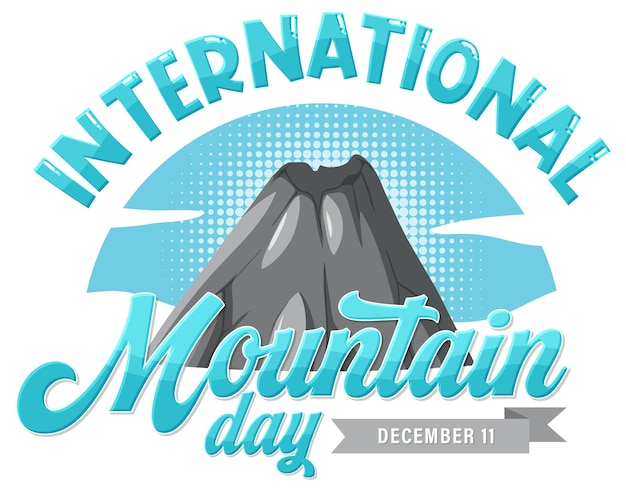Interesting Facts About Mount Rainier

Mount Rainier, known as Tahoma in the native Puyallup language, is an active stratovolcano in Washington state.
With an elevation of 14,411 feet, Mount Rainier is the tallest volcano in the state and the most prominent peak in the Cascade Range.
Mount Rainier is the most glaciated peak in the contiguous United States, with 26 major glaciers.
The mountain’s glaciers feed six major rivers, providing water to millions of people in the region.
Mount Rainier National Park, established in 1899, encompasses over 235,000 acres and is home to diverse ecosystems.
The mountain attracts over 1.7 million visitors each year who come to hike, climb, ski, and enjoy its natural beauty.
Mount Rainier is an iconic symbol of the state of Washington and is depicted on the state’s license plates.
The mountain offers stunning panoramic views of over 400 square miles, including the surrounding Cascade Range, Olympic Mountains, and Puget Sound.
Mount Rainier’s summit is often visible from downtown Seattle, even though it is located approximately 54 miles southeast of the city.
Climbing Mount Rainier is a popular adventure for experienced mountaineers, attracting climbers from around the world.
The mountain’s volcanic activity poses potential hazards such as volcanic gas emissions, lahars, and ash fall.
Mount Rainier has had periodic eruptions in the past, with the last significant eruption occurring around 1,000 years ago.
Interesting Facts About Mount Rainier part 2
The mountain’s unique ecosystems support various wildlife, including elk, deer, bears, mountain goats, and the threatened Northern Spotted Owl.
Mount Rainier is a paradise for hikers, featuring over 260 miles of maintained trails that range from easy walks to challenging treks.
Paradise, a popular visitor area on the mountain, receives an average of 680 inches of snowfall each year, making it a winter wonderland.
Mount Rainier’s wildflower meadows are world-renowned, with colorful displays during the summer months.
The majestic mountain has inspired numerous artists, poets, and writers throughout history.
Mount Rainier is considered one of the most challenging climbs in the United States due to its unpredictable weather and technical routes.
The mountain is home to various climbing routes, including the popular Disappointment Cleaver and Emmons Glacier routes.
Mount Rainier’s climbing season typically runs from May to September, with July and August being the busiest months.
The mountain is a haven for outdoor enthusiasts, offering activities such as skiing, snowboarding, snowshoeing, and camping.
The Paradise Inn, a historic landmark located within Mount Rainier National Park, provides lodging for visitors since 19
Mount Rainier has been designated as a National Historic Landmark since 1997 due to its cultural and natural significance.
The park’s Longmire Museum showcases the history of the area, including the mountain’s volcanic past and its importance to indigenous tribes.
Mount Rainier was sacred to several Native American tribes who believed it to be the embodiment of a powerful deity.
The mountain’s geothermal activity creates natural hot springs in certain areas, offering a unique relaxation experience.
Mount Rainier’s extensive network of trails allows hikers to explore the park’s diverse landscapes, from old-growth forests to alpine meadows.
The Wonderland Trail, a 93-mile loop around the mountain, provides a challenging and scenic backpacking adventure.
The glaciers on Mount Rainier act as reservoirs, supplying water to local ecosystems and contributing to the region’s overall water supply.
Mount Rainier is known for its dramatic sunsets and alpenglow, providing breathtaking vistas for photographers and nature enthusiasts.
The mountain’s volcanic soil supports a variety of flora, including subalpine firs, wildflowers, and huckleberries.
The Paradise Valley Road offers a scenic drive through old-growth forests and meadows, providing access to stunning viewpoints and picnic areas.
Wildlife viewing opportunities on Mount Rainier include marmots, pikas, black-tailed deer, and a diverse array of bird species.
The mountain’s unique microclimates support rare plant species, some of which are found nowhere else in the world.
Mount Rainier’s glaciers have been a subject of scientific study for decades, providing valuable insights into climate change and glacial retreat.
The Sunrise Visitor Center, located on the eastern side of the mountain, offers panoramic views and access to high alpine meadows.
Mount Rainier’s rich history includes early exploration by European settlers as well as a long history of recreational activities like skiing and mountaineering.
The national park surrounding Mount Rainier serves as a critical habitat for endangered species such as the Northern Spotted Owl and the bull trout.
The mountain’s diverse ecosystems support an abundance of wildflowers, with species ranging from delicate alpine forget-me-nots to vibrant lupines.
Mount Rainier is a popular destination for stargazing, with minimal light pollution and its high elevation providing optimal viewing conditions.
The mountain has a spiritual significance for many Native American tribes, who conduct traditional ceremonies and rituals in its presence.
Paradise Glacier, located on Mount Rainier’s southern flank, offers visitors the opportunity to witness the power and beauty of a glacier up close.
Mount Rainier’s volcanic activity has shaped the surrounding landscape, creating stunning features like ancient lava flows and towering basalt columns.
The mountain’s proximity to urban areas makes it a convenient outdoor playground for locals and a popular tourist attraction from around the world.
Mount Rainier provides a unique and awe-inspiring backdrop to the everyday lives of those who live in the region, reminding them of nature’s grandeur and power.

